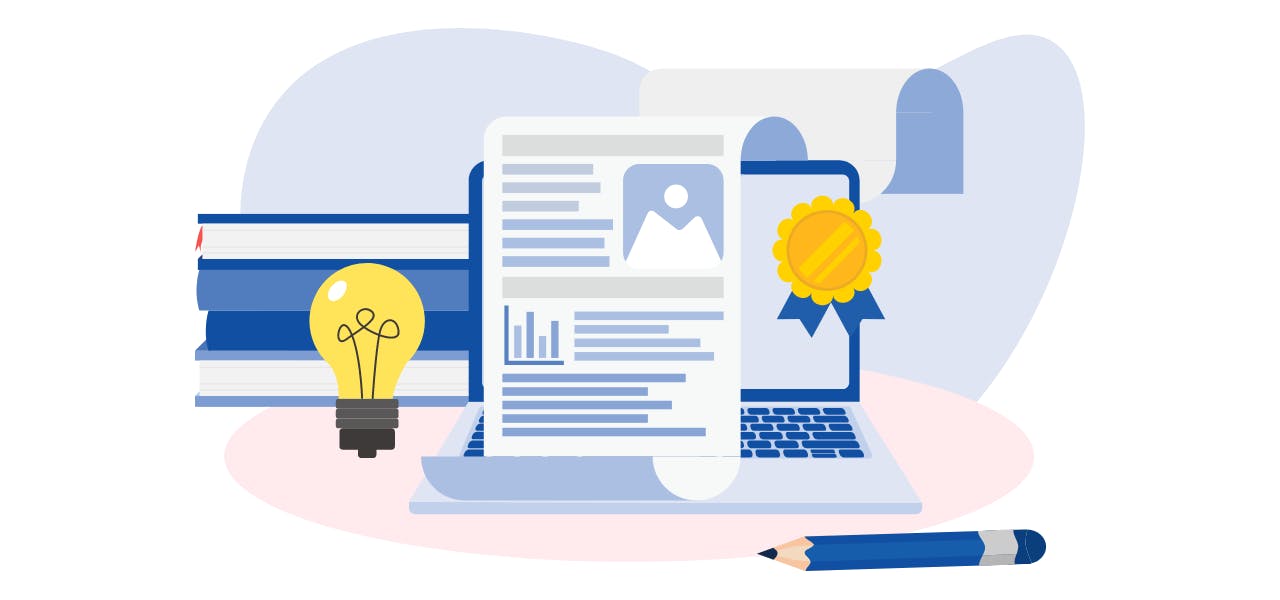An academic’s reputation is based on a variety of factors that ultimately create their overall scholarly reputation. Some of these elements are personal to them, such as their dedication to the classroom environment and teaching career and their professionalism on and outside of campus. Other aspects that comprise the scholarly reputation of a researcher, however, are determined from their academic articles and the impact their research has on the audience.
This “impact” is a combination of values that are determined through a quantitative measuring of factors such as how many citations an author’s work receives after it is published. These citations may be in the work of other researchers or they could be on social media platforms. Since the goal of research is to create an impact, scholars must learn the pieces that are integral to attracting a wide audience, such as the length of the researcher’s article. This is directly correlated to how many times the work is cited, so it’s a valuable piece of information to understand.
Using Data Analysis and Statistical Methods to Correlate Length and Impact
Research articles from the past two decades showcase through data extraction collection that the overall length and other characteristics can directly affect the number of citations a work receives. Factors such as the number of authors, how many bibliographic references are cited, the overall design study and setup, how easy it is to access the article through open source forums or a subscription requirement, and the article’s journal impact factor rating were all part of how well the work of an author was cited. But the length and impact were strongly correlated.
Through statistical analysis of many research works, it has been shown that certain paper lengths are attributed to a positive association between citation and impact. The overall assumption is that the greater the article length, the greater the complexity of science involved and the higher overall quality of methodology. Lengthier articles have more information, so they are more likely to have something of benefit to a researcher. Citations per article increase slightly per additional page. In longer articles, it’s easier for the author to give more explanations, presenting their outcomes elaborately through proper discussion and clear and present findings.
Key Factors That Optimize Your Paper
Optimizing your paper for the maximum impact you can make requires learning the science behind search engine algorithms. While it’s always evolving, the basics behind it make logical sense and will quickly become easy for you to pick up as you put together your research for submission. To ensure your published work reaches a wide audience, keep these factors in mind:
● Your title should be short and to the point. It should tell the readers what is in your article, but stay under 55 characters so that web crawlers can find it quickly in a search.
● There will be a small snippet of your paper that shows up under the title in a search result. This is called a meta description and you should use it to your advantage. By default, the meta description is the first few lines of your paper, but you can change this to tell the readers what the most important information is that you want to entice them with to read your work.
● Images can work like keyword searches when you optimize them. There is a place under each image section called the “alt text” box. Label your images and graphics strategically with words that will show up with you as an expert when the user searches for your topic.
● Use headers, not font changes, to designate separate sections. The web crawlers read headings differently than text, but unless it’s specifically labeled as a “header” with that coding, yours may be skipped.
● The higher your work’s complexity level, the longer the paper should be if you want more citations.
These minor tweaks, combined with the length of your paper, make a significant difference in how well your work is going to be found and received.
